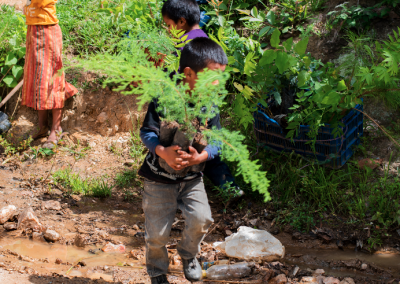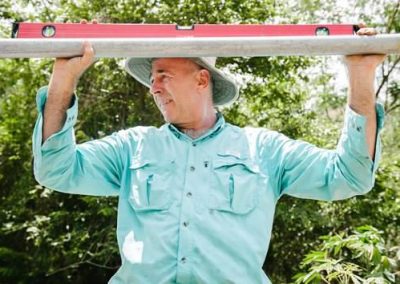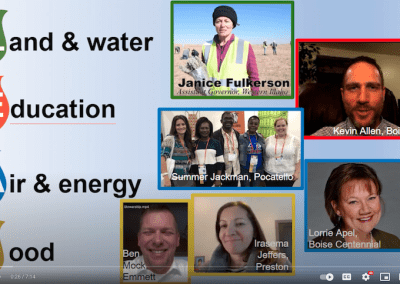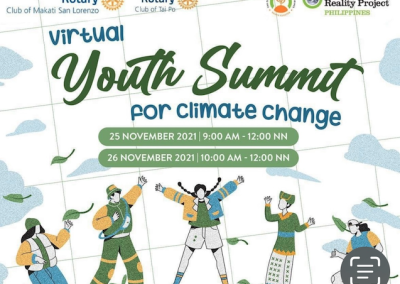THEME
Climate
Rotary is uniquely placed to empower local communities around the world
to implement Climate Solutions that help reverse global warming.
If one Rotary International President could inspire millions
of trees to be planted, imagine the opportunities that await.
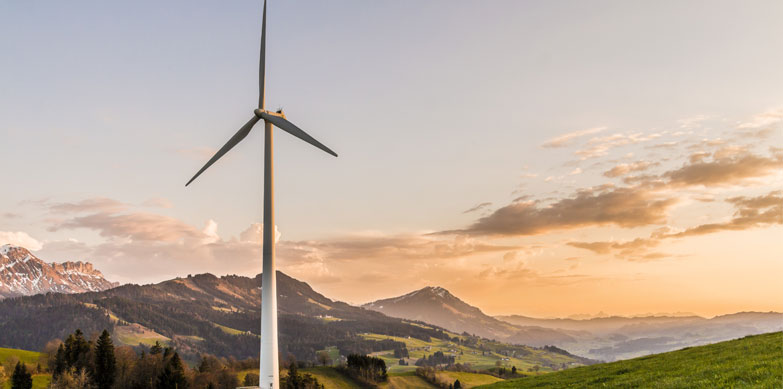
WHAT IS IT?
Climate at ESRAG
How do Climate Solutions benefit humanity?
The impacts of climate change threaten human civilization and planetary health, but it is not too late to act. Many of the measures to limit global warming to 1.5º C will also protect human health, enhance food security, reduce a major driver of mass migration, and ensure the availability of safe water. In short: climate action protects all of Rotary’s other humanitarian investments. Climate solutions make communities more resilient to catastrophic storms, forest loss, drought, heat, and sea-level rise.
CLIMATE
Learn more
Aligning Profit with the Planet: The Future of Nature Finance
By Rob Sisson Nature finance has long been a difficult conversation. On one hand, the need for investment in nature is clear—without it, we face significant consequences. For example, the UK could lose 12% of its GDP due to nature degradation (1). But on the other...
Earth Day 2025: Local Action for a Global Crisis
Earth Day serves as a rallying point for communities worldwide to reflect on the health of our planet and take meaningful action. This year, the event resonates strongly with ESRAG’s mission, as it aligns with the UN’s recognition of the triple planetary...
Building a Better World: Rotary’s Premier Environmental Workshop Before RICON 2025
Friday, June 20, 2025 Location: Calgary, Alberta, Canada | In-Person at SAIT or Live via Zoom Registration: $85 USD (In-Person) | $10 USD (Virtual) 👉 Register here As climate challenges intensify around the globe, Rotary is stepping up. ESRAG (Environmental...
Take Action for Climate
Rotary’s global distributed network of community leaders
can implement solutions to slow the worst of the impacts.
ESRAG is here to help with solutions.
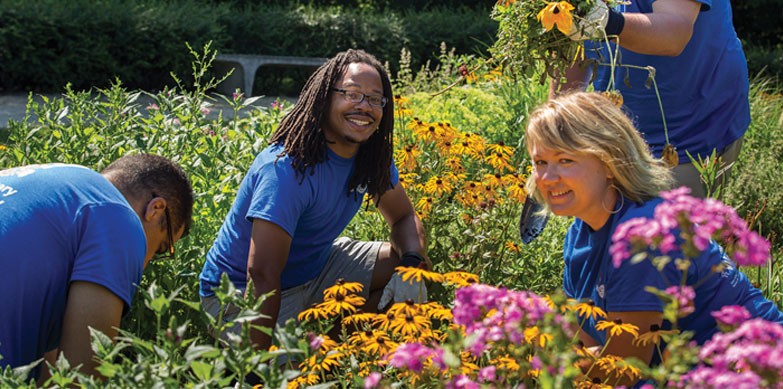
Climate Solutions
Drawdown is the point in the future when levels of greenhouse gases in the
atmosphere stop climbing and start to…

Conserving Glacial Resources
Implementing and evaluating management techniques to slow down melting and conserving the meltwater
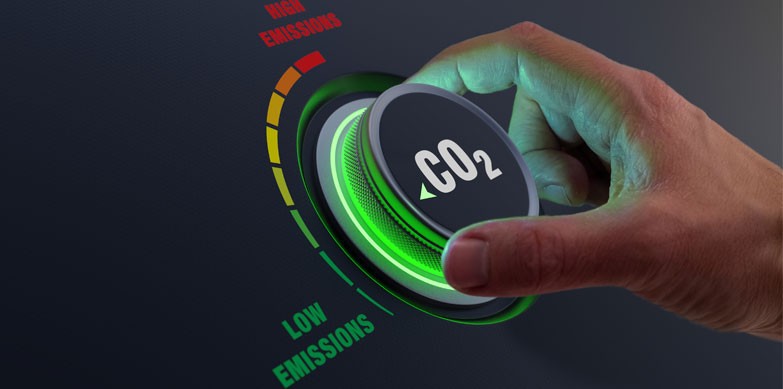
Every Club Climate Friendly
Become a climate friendly and carbon neutral club before 2030.
CLIMATE
Featured Projects
Projects surrounding climate.
Resources
Rotary’s vision, mission, and seven areas of focus
strongly support our individual and collective
work to mitigate and adapt to climate impacts.
Resources
Climate 101
Together we can help the world reach “Drawdown”— the point in the future when levels of greenhouse gases in the atmosphere stop climbing and start to steadily decline, thereby stopping catastrophic climate change — as quickly, safely, and equitably as possible.
Climate Science
CLIMATE
Featured Events
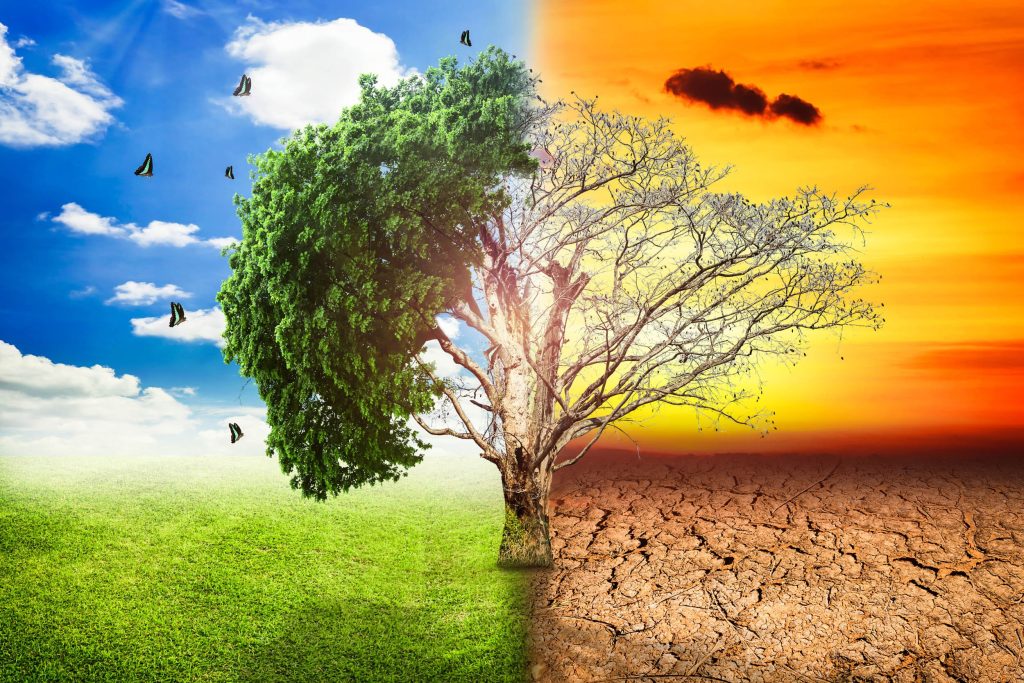
Speaker: Nancy Economou
Topic: literacy, poverty, solar power, renewables
More info
Speaker: Joanne Brasch
Topic: sustainability and circular economy
More info
Speaker: Guity Javid and Brian Gower
Topic: Regenerative Agriculture, tree planting and ecosystem services.
More info
Speaker: Sara Andreotti
Topic: Biodiversity
More info



